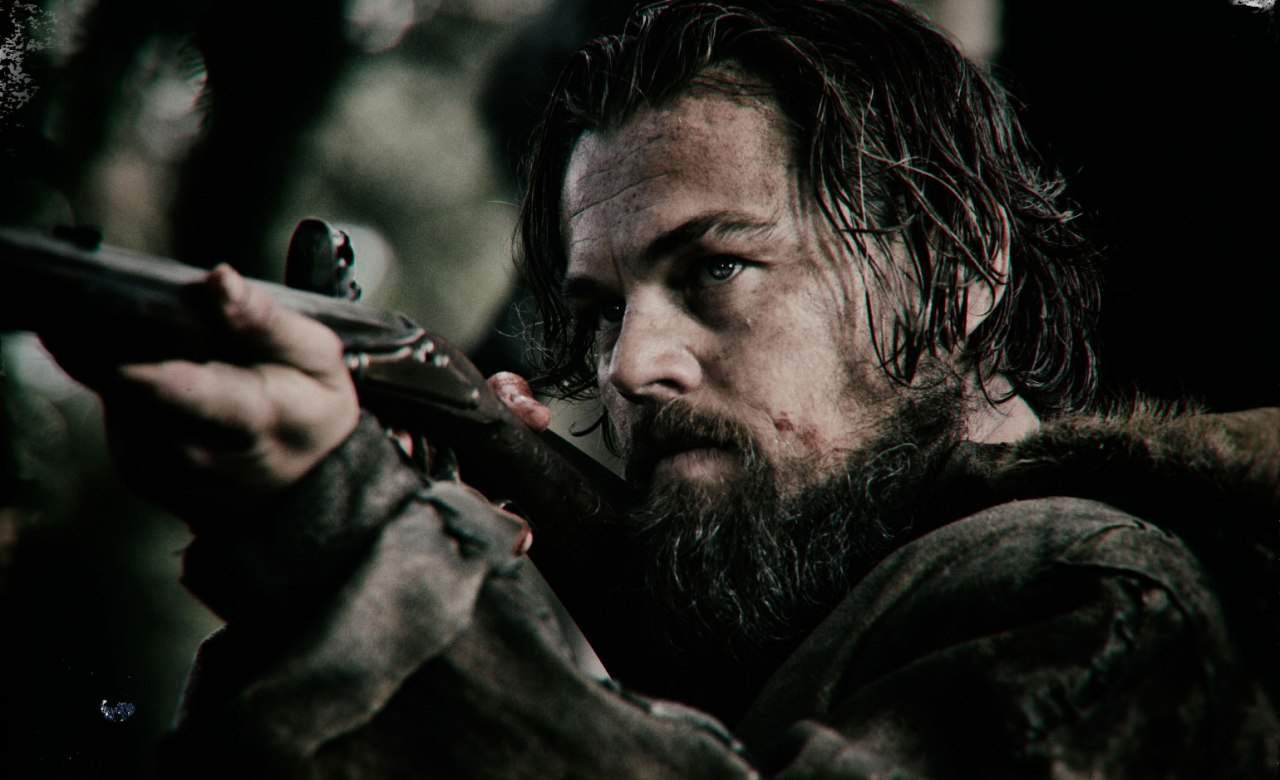The Revenant
It looks amazing and DiCaprio gives it his all, but that's not enough to save a film with such an uninspired script.
Overview
Alejandro G. Inarritu follows his Oscar-winning Birdman with a down-and-dirty western inspired by true events. Starring Leonardo DiCaprio in the role that many believe will finally win him his Oscar, The Revenant is a violent, unrelenting slog through the mud and snow of the untamed American frontier. It's raw and elemental and masterfully shot, capturing bloody, frenzied action with astounding fluidity and grace. Sounds incredible, right? Actually, that's where you'd be wrong. For all its viscera, and despite its technical merits, this over-hyped backwoods adventure left us feeling bored.
Now admittedly, that boredom took a while to set in. For much of the first hour of the film's two and a half hour running time, it's hard not to be floored by what Inarritu and his long-time cinematographer Emmanuel Lubezki have achieved. When a hunting party comes under attack by a Native American tribe, the camera weaves and pivots in and out of the action, dodging extras and arrows in a series of long, unbroken takes. Later, DiCaprio's character Hugh Glass is almost mauled to death by a grizzly bear, in another bravura one-shot sequence that will leave audiences wondering how Innaritu pulled it off. Like Birdman, this is bold, ambitious filmmaking, and we'd be lying if we said we weren't initially impressed.
But the comparison to Inarritu's previous film is an importance one to make, for the reason that Birdman feels like more than just a technical exercise. Strip away the showy camerawork, and you still have characters and ideas that are actually worth caring about. The Revenant, on the other hand, has neither. With Glass on the edge of death, Captain Henry (Domhnall Gleeson) has the villainous Fitzgerald (Tom Hardy) stay behind so that the dying man might receive a proper burial. Fitzgerald promptly buries Glass alive, and murders his teenage son Hawk (Forrest Goodluck) for good measure. But of course Glass doesn't die, and instead hauls his wounded backside through the unforgiving wilderness so he might get his chance at revenge.
As you might have gathered, the narrative is pretty thin – but that wouldn't be an issue if we could get behind the characters. DiCaprio, to his credit, gives it everything he's got, wheezing, snarling, screaming and putting his body through the ringer. It's exactly the kind of performance that Academy voters love, and to a certain extent it's easy to see why. But again, there's a difference between what's bold and what's actually interesting. As hard as DiCaprio tries, he never succeeds in making Glass anything other than a one-dimensional protagonist, who we're meant to root for simply because the screenwriters put him through hell. The borderline insane Fitzgerald proves a little more interesting – and like DiCaprio, Hardy commits fully to the role, reaching yet again into his seemingly bottomless bag of absolutely baffling accents. In the end though, Glass and Fitzgerald are just archetypes – a goody and a baddy destined to hack one another to pieces. Because the duality of man. Or something.
There are times when style alone is enough to carry a movie. Unfortunately, this isn't one of them. Without characters to latch on to, or much in the way of deeper thematic content, the novelty of Inarritu's formal work eventually begins to wear off. Strange as it may seem given their disparate settings, but the recent film to which The Revenant suffers most by comparison is Mad Max: Fury Road. Both movies deliver immersive action and stylish cinematography, but only one manages to couple it with awesome characters and a modicum of brains. Plus, y'know, Mad Max had female characters with actual lines of dialogue. So there's that.






